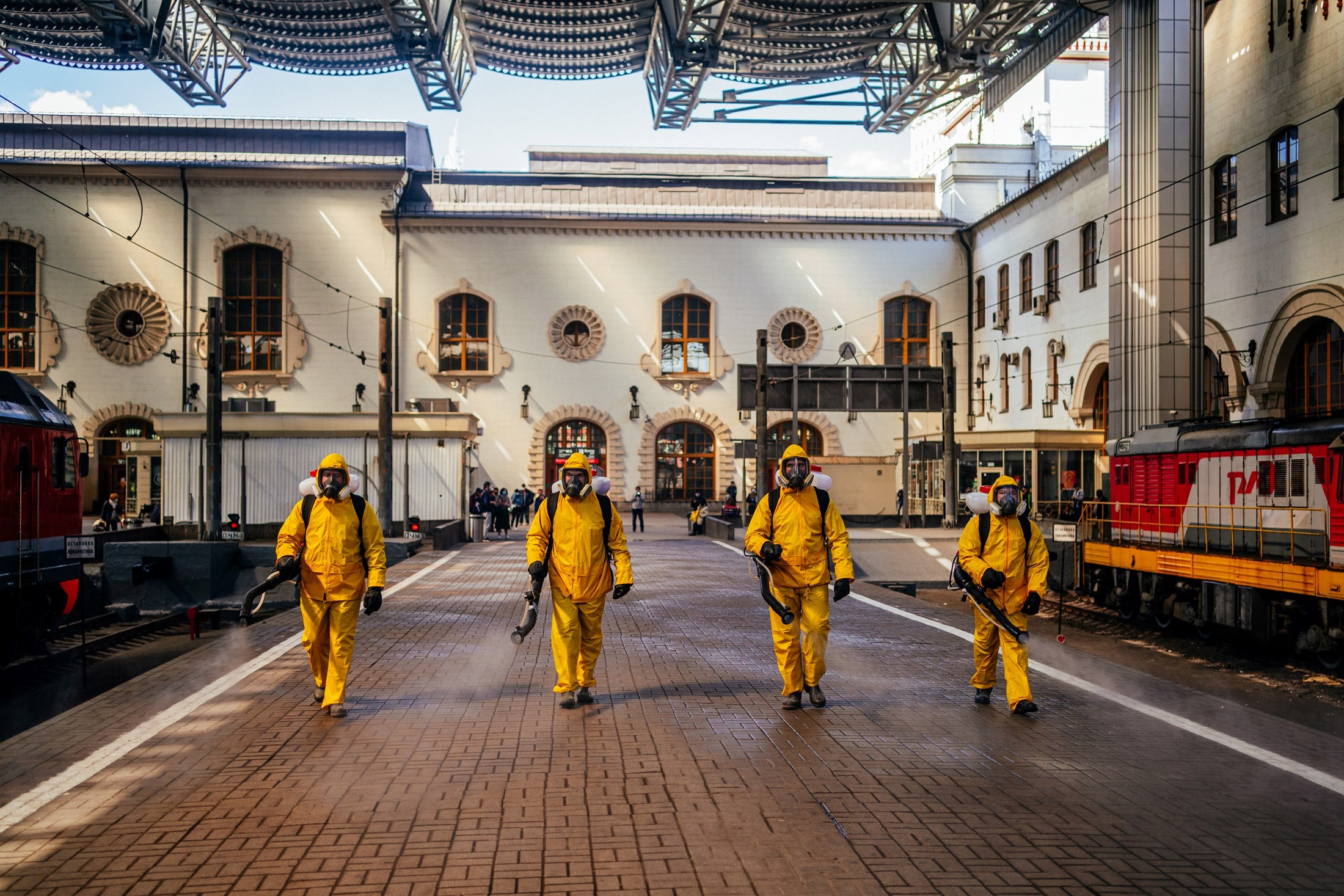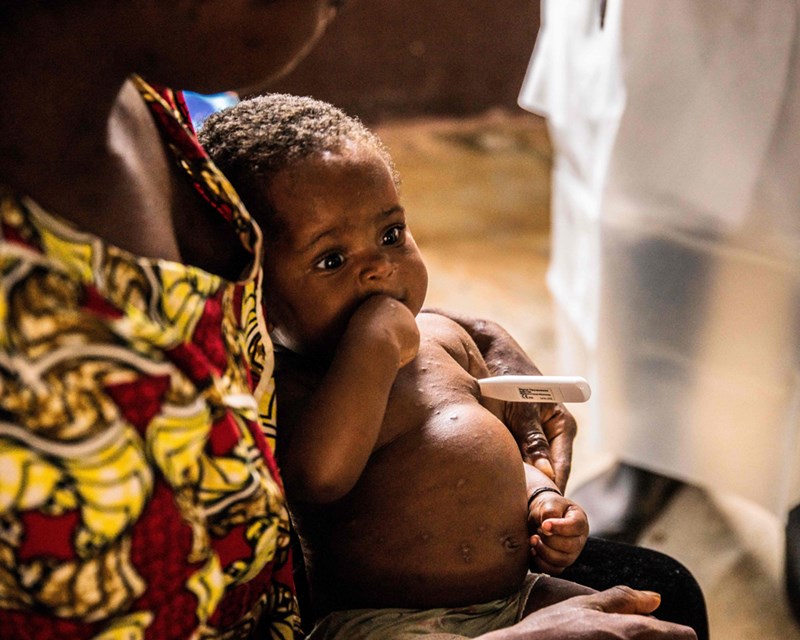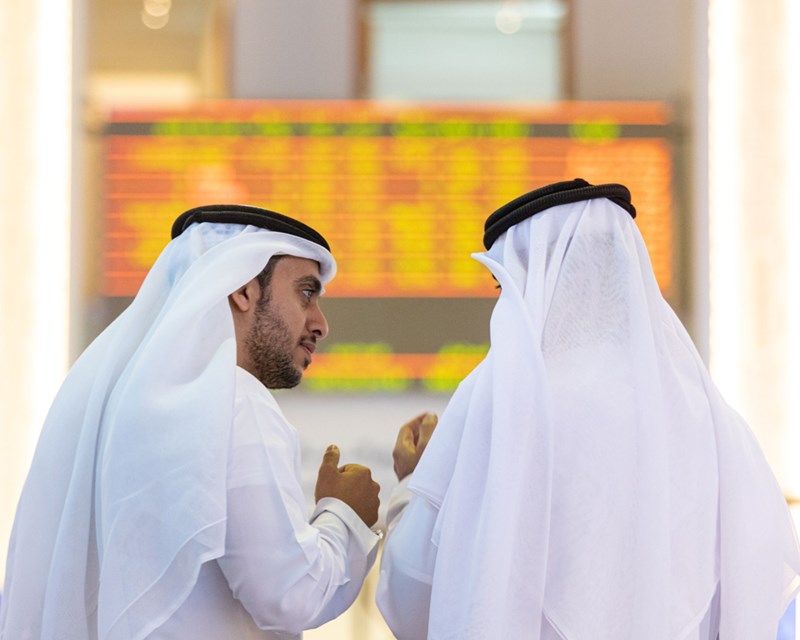The Bill & Melinda Gates Foundation has announced a further $150m for the global coronavirus response - more than doubling its total funding for the pandemic to above $250m. The new money will be used to spur the development of vaccines, diagnostics and treatments, as well as to shore up health systems in Africa and south Asia, and help mitigate the economic impact of the virus in the world’s poorest countries.
In addition, the foundation will also use part of its $2.5bn Strategic Investment Fund - through tools such as equity investments, loans, and volume guarantees – to help low and middle-income countries buy medical supplies, testing kits and protective equipment for healthcare workers.
The foundation was among the first philanthropic organisations to put money towards coronavirus. It pledged $100m in March to help kickstart vaccine and diagnostics research, alongside a further $5m for frontline responses in the Seattle region, where the Gates Foundation is located.
Making the case for a global response to the pandemic, Bill Gates said: “Covid-19 doesn’t obey border laws. Even if most countries succeed in slowing the disease over the next few months, the virus could return if the pandemic remains severe enough elsewhere.”
He added: “The world community must understand that so long as Covid-19 is somewhere, we need to act as if it were everywhere. Beating this pandemic will require an unprecedented level of international funding and cooperation.”
Meanwhile, the UAE, which has already sent medical equipment to Italy, Iran, Cyprus and Pakistan - and this week supplied an Etihad aircraft to deliver emergency supplies to Ethiopia to be distributed to other African countries - is considering how it might expand its response.






